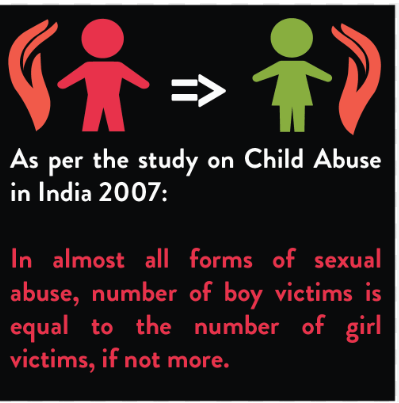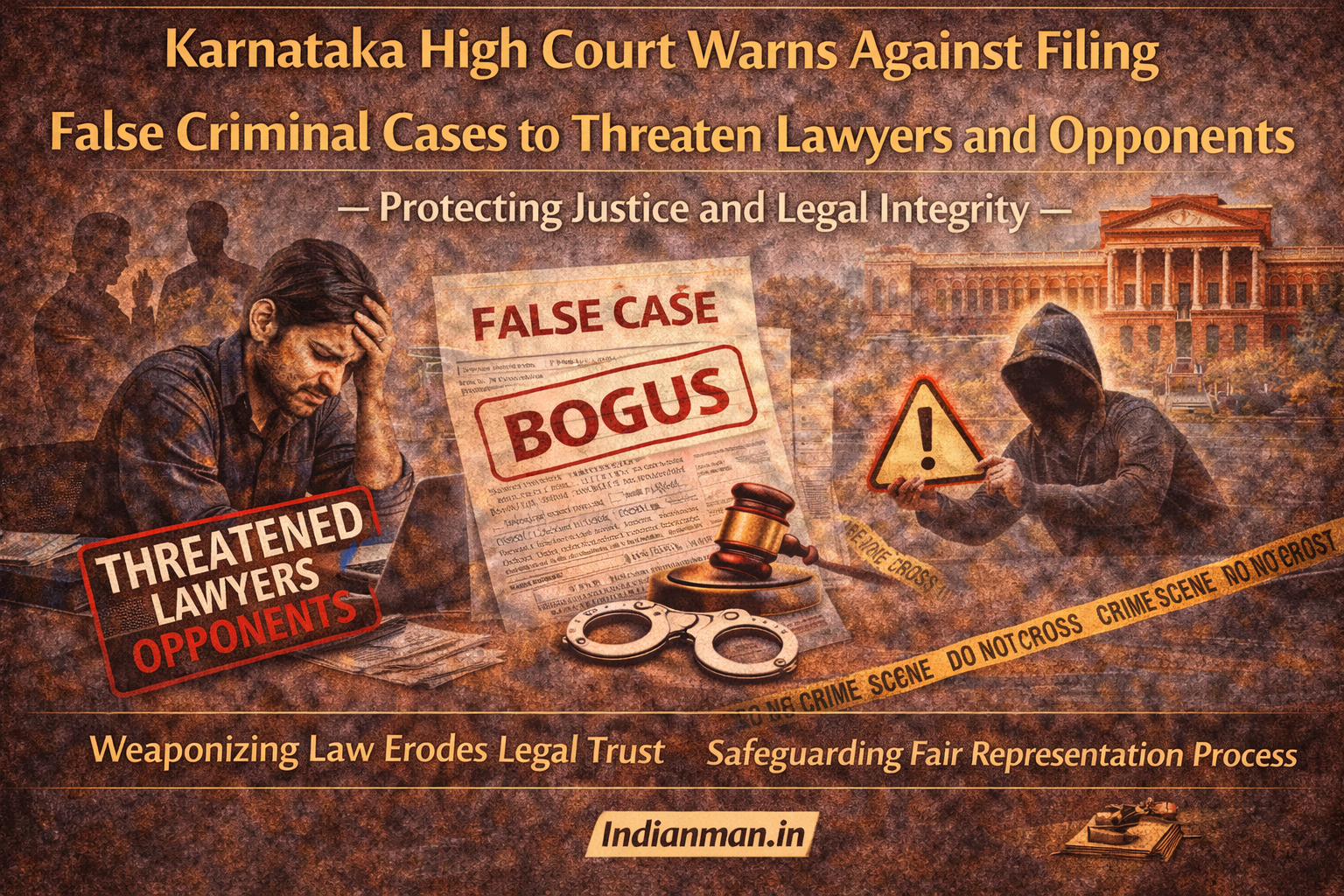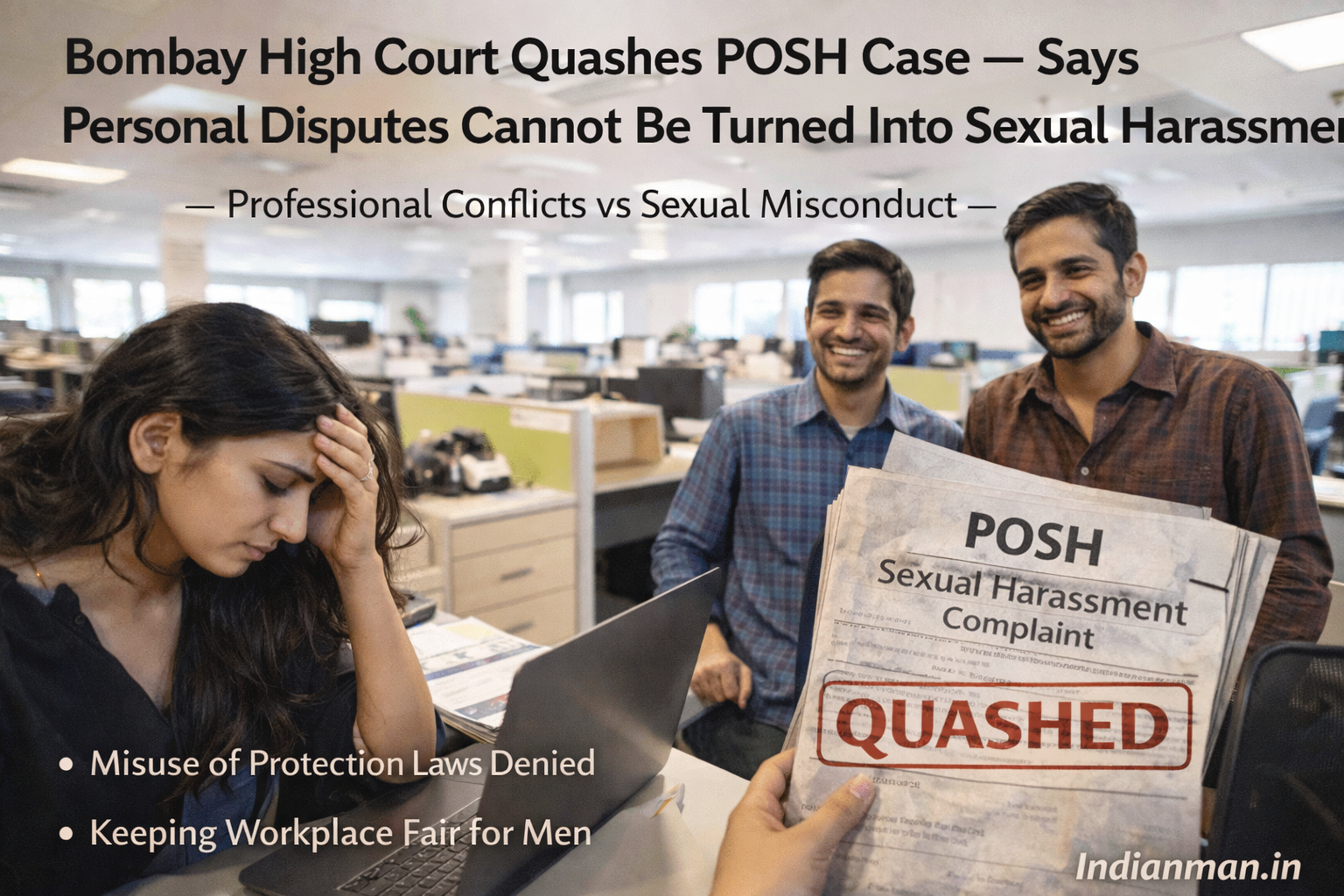Overcoming Barriers to Psychiatric Help for Male Child Sexual Abuse Victims in India
Introduction
In 2007, the Ministry of Women and Child Welfare, supported by UNICEF, Save the Children, and Prayas, conducted a study to understand child abuse in India. The study revealed that 53.22% of children faced some form of sexual abuse, with 52.94% of the victims being boys.
Aim
This study aims to explore the barriers male victims of child abuse face in seeking psychiatric help. By analyzing the perspectives of stakeholders, we can better understand these challenges.
Materials and Methods
Statements from stakeholders about psychiatric assessment and treatment were recorded for each referral to a psychiatrist. Semi-structured and in-depth interviews were conducted to explore the need for psychiatric treatment for the victims.
Results
A multidisciplinary team in a general hospital received three referrals of male child abuse among 27 cases in 20 months. The main barrier identified was the patriarchal belief that male victims are inherently stronger and will overcome the trauma on their own. In-depth interviews of three cases of homosexual abuse highlighted this theme.
Conclusion
Patriarchal attitudes act as a barrier for male children seeking psychiatric help. These beliefs need to be challenged to provide better support for male victims of sexual abuse.
Introduction
Child sexual abuse is a traumatic event that harms a child’s health, development, and dignity. According to the WHO (1999), it occurs within relationships of responsibility, trust, or power.
India, home to 40% of the world’s children, is ranked as the sixth most unsafe country for children. The 2007 study by the Ministry of Women and Child Welfare revealed that 53.22% of children faced sexual abuse, with boys making up 52.94% of the victims. Among the 69% of children physically abused in 13 states, 54.68% were boys, and 88.6% were abused by parents. Many children never report abuse due to fear of revictimization and blame.
Child sexual abuse is a punishable offense under the Protection of Children from Sexual Offenses Act, passed in 2012. However, reporting remains a difficult decision for survivors.
Aim
This study explores the barriers to seeking psychiatric help among stakeholders of male child sexual abuse victims through qualitative analysis.
Materials and Methods
Stakeholder statements about psychiatric assessment and treatment were recorded for each referral to a psychiatrist. Semi-structured and in-depth interviews were conducted to understand the need for psychiatric treatment for the victims.
Themes and patterns from the interviews were indexed and applied to all statements. The sample size required to reach saturation was 30 for parents and 10 for law enforcement and multidisciplinary team members.
Interview Guide
- Do you think counseling or psychotherapy could help the victim and family?
- If no, please explain why.
Caregivers were informed about the aims and process of psychotherapy, emphasizing its role in providing a supportive environment for the child to discuss the abuse and understand its impact on their behavior.
Conclusion
Male child sexual abuse in India is a serious but often hidden issue due to societal stigma and patriarchal beliefs. These barriers prevent many male victims from seeking the psychiatric help they need. Addressing these challenges requires open dialogue, breaking prejudices, and implementing supportive, gender-neutral laws. By doing so, we can ensure that all victims receive the justice and care they deserve.




